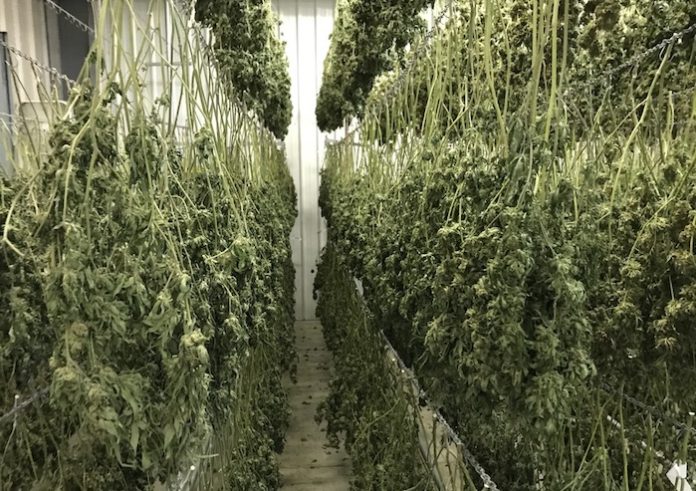Cannabis is big business in Washington State. Six years after the state first legalized recreational pot, the industry has grown to $361 million in annual revenue. This requires constant crop harvests to keep up. Thankfully, the state also boasts some of the best climate conditions in the world for cultivating cannabis, including the fertile Yakima Valley, a mecca for beer hops and also a huge source of marijuana.
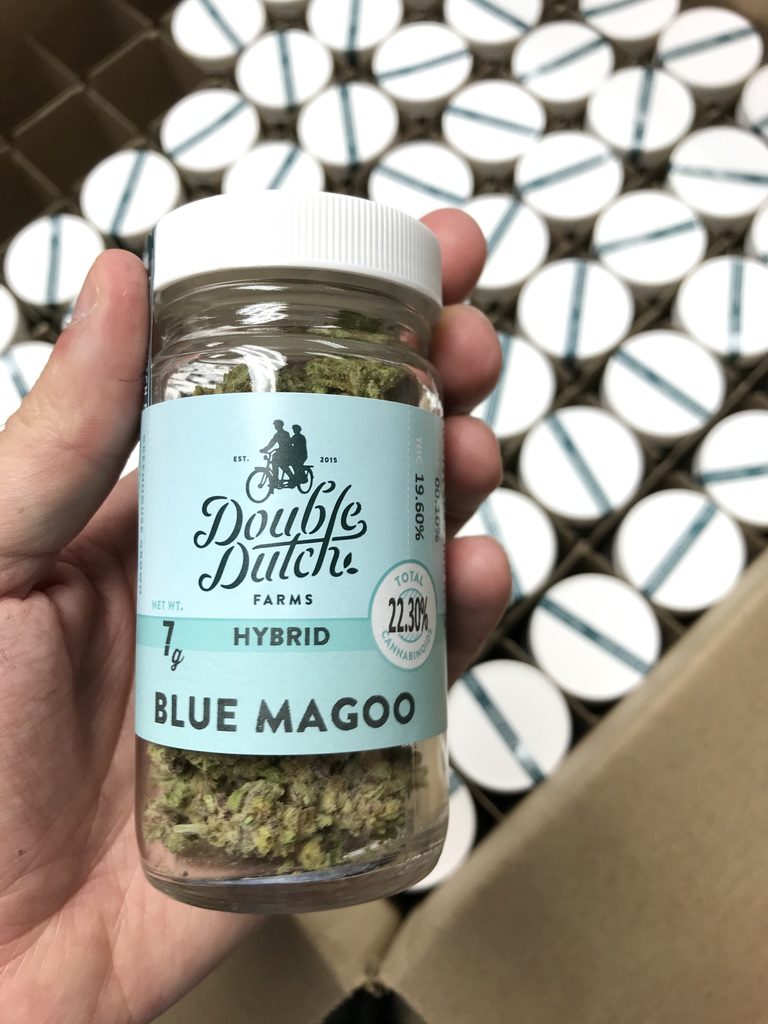
Washington growers are grouped into three size tiers. During a recent trip to Yakima, I toured the tier-three operator Double Dutch Farms.
This facility is part of a larger farm that also produces flowers, and other horticulture, and dates back to the 1940s. Fifth-generation owners Mike and Matt Van Wingerden converted a portion of their vast family farm over to cannabis after Washington made it legal in 2012.
The name Double Dutch refers to the brothers, their Dutch heritage, and the euphemism for rolling two different cigar wraps into a single blunt. Double Dutch is also the name of a bicycle, woven into the branding of the farm.
The cultivation portion of the facility takes place in a three-acre grow house. Here they employ six people for greenhouse work, plus eight-to-ten more for trimming.
Double Dutch staggers their crops in stages of growth. This is done for the efficiency of constant harvesting, with the beneficial side effect of allowing visitors to see the cannabis plant in every stage of development.
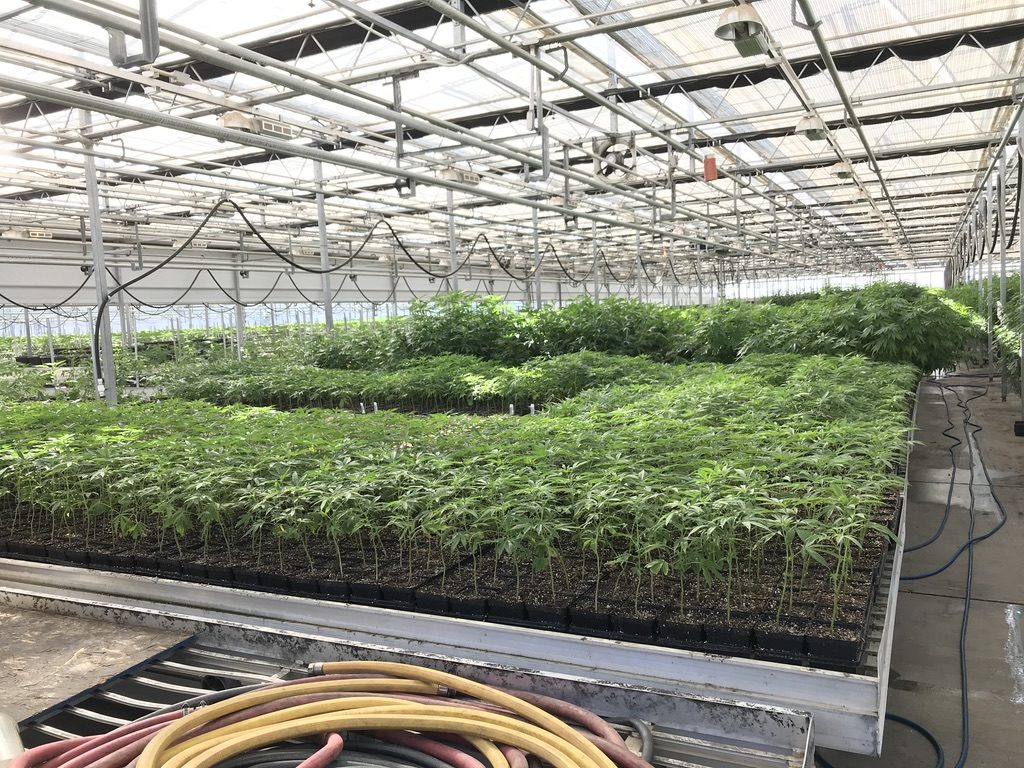
Each crop consists of four-to-five strains. It takes about four months from the first stage of the harvest to the last. The final output is 150-200 pounds of dried flower per harvest.
Double Dutch produces 26 crops per year, according to Matt Van Wingerden. That equals about 5,000 pounds of dried harvest put out annually.
That’s a lot of cannabis. Is it too much? After all, nearby Oregon famously produced a massive oversupply in recent time.
“The demand has always been there,” Matt explains. “The problem was that there is too much product. And making too much in the past several years brought the prices plummeting down.”
However, he says that the pendulum has swung back the other way through market correction.
“It’s cycled out now,” he explains. “People are going out of business, which has brought the prices up to a good level, because now there’s an undersupply again. That is pushing the prices up again.”
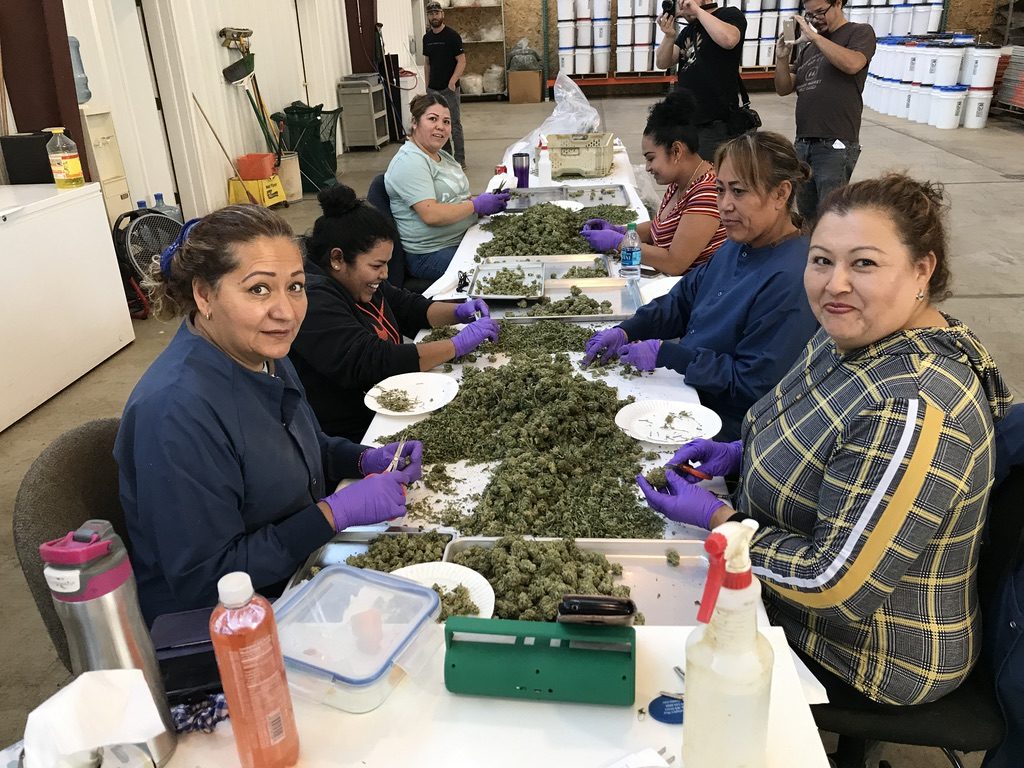
Which is obviously a positive development for farms like Double Dutch. Given the new economic conditions, Matt says that they would like to expand production by 100%. Problem is, the county of Yakima does not feel so similarly.
In this fertile valley region — a global center of production for beer hops, which are close cousins of cannabis plants — 28 pot farms currently operate. It would seem that the local political powers in Yakima County would prefer that number closer to zero. Complicating matters for growers like the Van Wingerdens, the state of Washington left the decision up to counties and municipalities about whether their zoning laws will permit cannabis farms.
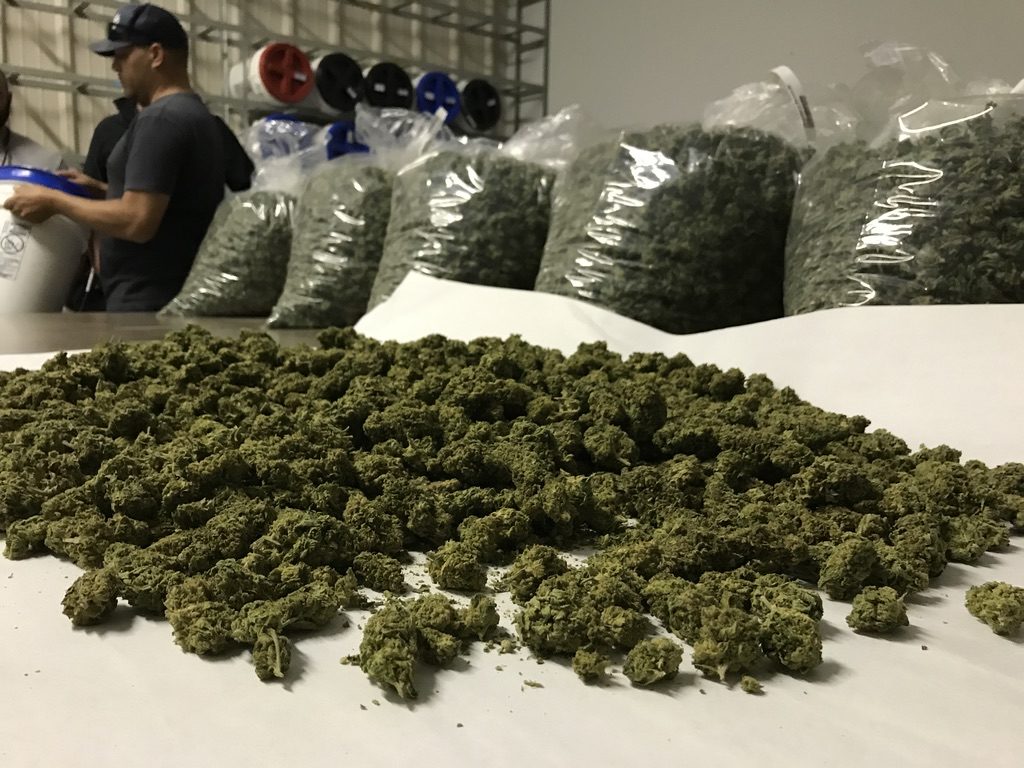
Even though the 28 producers have teamed up to fight back against this political pressure, Matt does not know precisely what the future will hold. Hence why Double Dutch has held off from doubling in size.
Which just goes to show that even in a state like Washington — a pioneer in the legal cannabis movement — the industry remains firmly rooted beneath cloudy skies.
Kyle Swartz is editor of Cannabis Regulator. Reach him at kswartz@epgmediallc.com or on Twitter @kswartzz.

